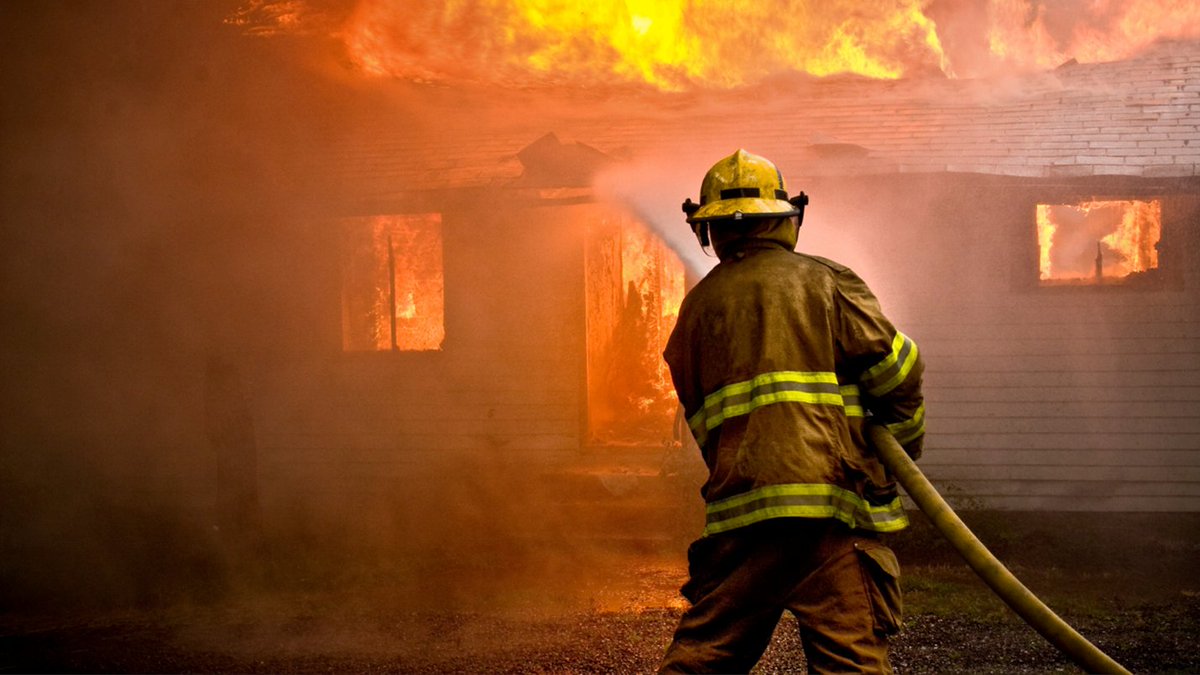Fire insurance is a type of insurance that covers loss caused by fire. It is used primarily to safeguard buildings and their contents from the losses that may result from fire.
The cost for the coverage varies greatly depending on the local area, the homeowner’s age and their specific disaster risk exposure.
Check out some of the tips below for how fire insurance can help your company or home from the loss of fire.
Fire Insurance: What Does It Cover and Why Is It Important?
Fire insurance is a type of insurance that covers your home, business and personal possessions from the loss or damage caused by fire. It also provides cash for replacing your property’s contents if the building burns down.
Fire insurance is important because it allows you to protect your belongings from damage caused by fire. Without fire insurance, you would have to pay out of pocket for everything lost in a fire. For example, if your home burns down, you would need to replace all of its contents with new ones just like they were before the fire—that could be expensive!
Fire insurance protects your home and personal possessions from damage caused by fires. It also covers losses due to earthquakes and floods. This means that even if there is a natural disaster such as an earthquake or flood at your home, your fire policy would still pay off any damages caused by it.
Fire insurance can also be helpful if you live in an area with high levels of crime or vandalism such as gangs or thieves who target homes and break into them looking for valuables to steal.
If someone breaks into your home and steals your possessions or sets fire to the house, then your insurance would pay out. This means that you don’t have to worry about paying for any damage caused by a break-in or fire because it is covered by your policy.
Types of fire insurance coverage
Fire insurance is important because it can help protect your property and keep you from having to pay for damages that are caused by a fire. If a fire breaks out at your house, you could lose everything in the fire. That’s why it’s so important to have fire insurance on your home.
The most common types of coverage include:
–Replacement Cost Coverage: This type of coverage pays for the actual value of the property, or the cost of replacing it if it is destroyed.
–Actual Cash Value Coverage: This type of coverage calculates what it would take to replace your home exactly as it was before the fire occurred. It then pays that amount rather than its replacement value, which means you may get less money when you file a claim.
–Personal Property Coverage: This type of coverage protects personal property such as jewellery and furniture against damage caused by fires.
Things You Need To Know About Getting Fire Insurance
There are a number of things to consider when getting fire insurance.
First, you need to understand your policy and how it will be used. Some policies will cover losses from an event that is covered by other policies, such as home burglary or theft. You should also ask if your insurer will also cover losses from natural disasters, such as hurricanes.
If you want to take out additional coverage for things like earthquakes or floods, it’s important to make sure that the policy includes those types of events.
You should also be aware of whether your policy has any exclusions, which means that it won’t pay out on certain things like accidents caused by frivolous behaviour on your part (like filing a false claim).
How to get the best coverage?
If you own a home and you have ever had a fire, you know how scary it can be. A home fire is a serious matter that can affect the value of your home and even cause injuries to the people inside.
Getting fire insurance is essential to protecting your financial security in case of a fire. Here are some tips on how to get the best coverage possible:
1. Know what kind of coverage you need – If you live in an apartment building or other multi-unit structure, you might only need basic property insurance. If you’re renting an apartment, make sure that your landlord has provided this coverage or arrange for it yourself. If you don’t have renters insurance yet, look into getting it.
2. Find out if your homeowner’s association requires it or not. This can vary from community to community so ask around!
3. Make sure you have a reliable alarm system installed on all sides of your house so that if there is an emergency response team on-site, they will be able to find their way quickly enough without having to pull up every individual doorbell button by hand first thing in the morning when everyone’s still sleeping off last night’s party.
Read More- How To Protect Your Property From Several Natural Calamities?

